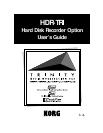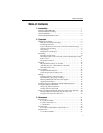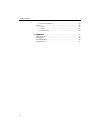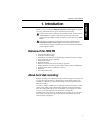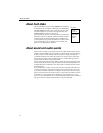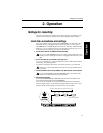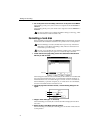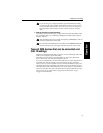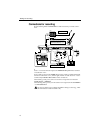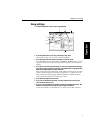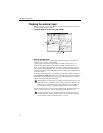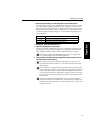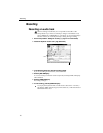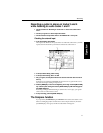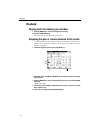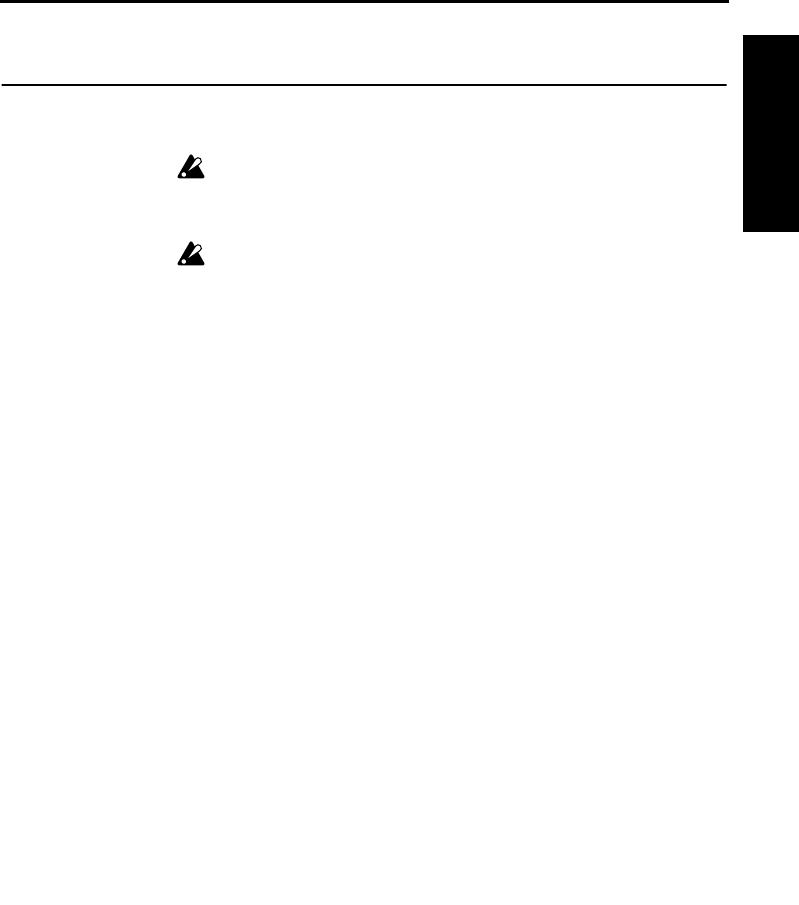
Features of the HDR-TRI
1
IntroductionOperationParametersAppendix
IntroductionOperationParametersAppendix
1. Introduction
Thank you for purchasing the
HDR-TRI hard disk recorder option
. In order to
enjoy long and trouble-free use, please read this manual carefully.
In this manual, tracks recorded by the hard disk recorder are referred to as
“
audio tracks
.” In contrast, tracks of the sequencer discussed in the
Parameter Guide and Basic Guide are referred to in this manual as “
MIDI
tracks
.”
This manual explains the functions which are newly added when the
HDR-TRI hard disk recorder option
is installed. For the parameters
whose functions remain unchanged, refer to your Parameter Guide, Basic
Guide, and Effect Guide.
Features of the HDR-TRI
• 4-channel hard disk recorder
• 16-bit linear PCM recording
• A 540 Mbyte hard disk allows approximately 47 minutes of stereo recording
• Up to 7 SCSI disks can be connected
• Instantaneous cueing
• Rehearsal function
• Manual or Auto Punch In/Out recording is supported
• Editing operations such as Copy, Move, Erase, Delete, Insert, and Edit Undo
• Backup to DAT via the S/P DIF OUT connector
• Digital EQ
• Two master effect sends
About hard disk recording
Realtime recording to an audio track can be performed using Overwrite Record-
ing, Auto Punch-In Recording, or Manual Punch-In Recording. Unlike when
recording to a MIDI track, Overwrite Recording overwrites only the measures
that were recorded.
As when recording to a MIDI track, recording to an audio track creates “events”
(audio events) which can be edited in detail using the Audio Event Edit func-
tions. Since individual audio events can be edited, you can edit (move, delete,
copy, etc.) even small segments of sound such as orchestra hits.
In addition, the mixer allows you to adjust the pan, volume, etc. for each audio
track, and to record these changes so that they will be faithfully reproduced
when the data is played back.



